
UCLA LPPI Faculty Experts Shape the Narrative on Latino Communities with Prominent Coverage in Media
By Alise Brillault The UCLA Latino Policy and Politics…
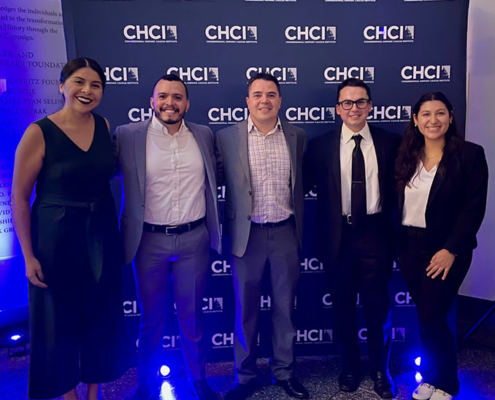
LPPI Shines at the Congressional Hispanic Caucus Institute Conference
by Alise Brillault UCLA LPPI experts and policy fellows were…
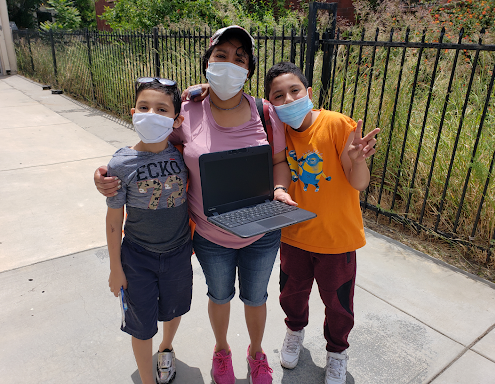
Janitor-Parent Experiences During the COVID-19 Pandemic
By Lucy González, Graduate Student Researcher; Sophia L.…

UCLA LPPI Stakeholders Reflect on Transition from ‘Initiative’ to Institute
"Latino Policy and Politics Institute Founding Executive…
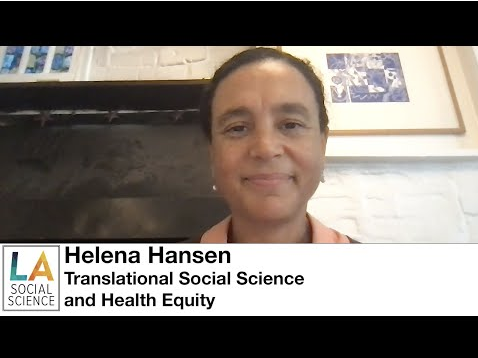
LA Social Science Presents “Conversations With Changemakers” Featuring Dr. Helena Hansen Discussing the Center for Social Medicine and Humanities
LA Social Science interviewed Dr. Helena Hansen, an MD, Ph.D.…
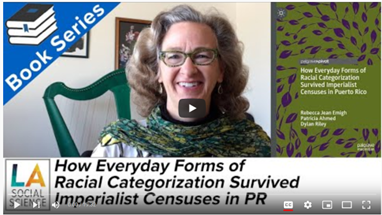
LA Social Science Book Series Examining Everyday Forms of Racial Categorization in Puerto Rico with Professor Rebecca Jean Emigh
In the new book entitled How Everyday Forms of Racial Categorization…

LA Social Science 2022 Summer Courses for UCLA Department of Communication – Enroll Today!
LA Social Science wants to highlight some of the summer courses…

Register for Tomorrow’s “Neoclassic or New Classics? Challenges, Debates, Perspectives” Roundtable by the UCLA Program in Experimental Theory
Organized and moderated by Professor Giulia Sissa (Classics,…

UCLA LATINO POLICY AND POLITICS INSTITUTE ANNOUNCES INAUGURAL LATINO APPLIED POLICY RESEARCH AWARDS
By Jose Garcia, Policy Fellow at the UCLA Latino Policy and…
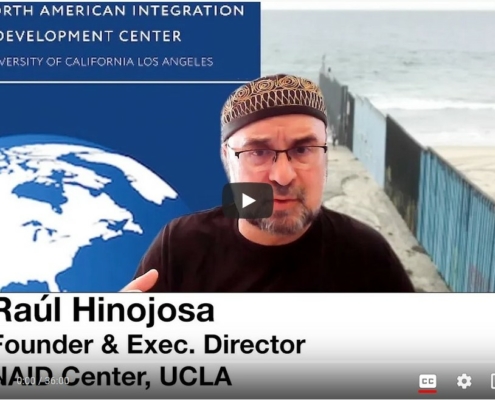
LA Social Science Presents “Conversations with Changemakers” Featuring Dr. Raúl Hinojosa Discussing the Recent Conference Commemorating 25 Years of UCLA NAID Center’s Research & Innovation
LA Social Science recently interviewed Dr. Raúl Hinojosa,…

